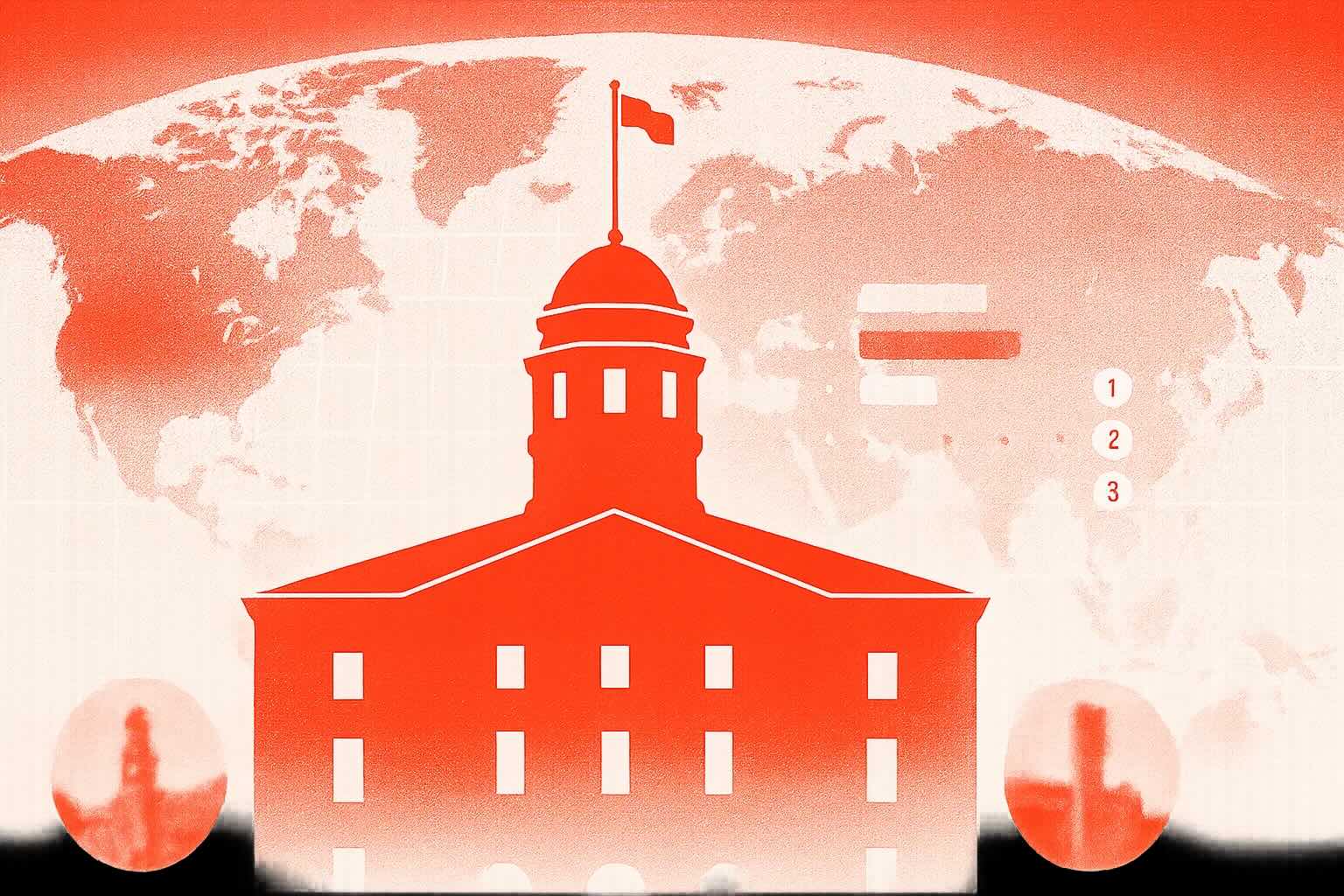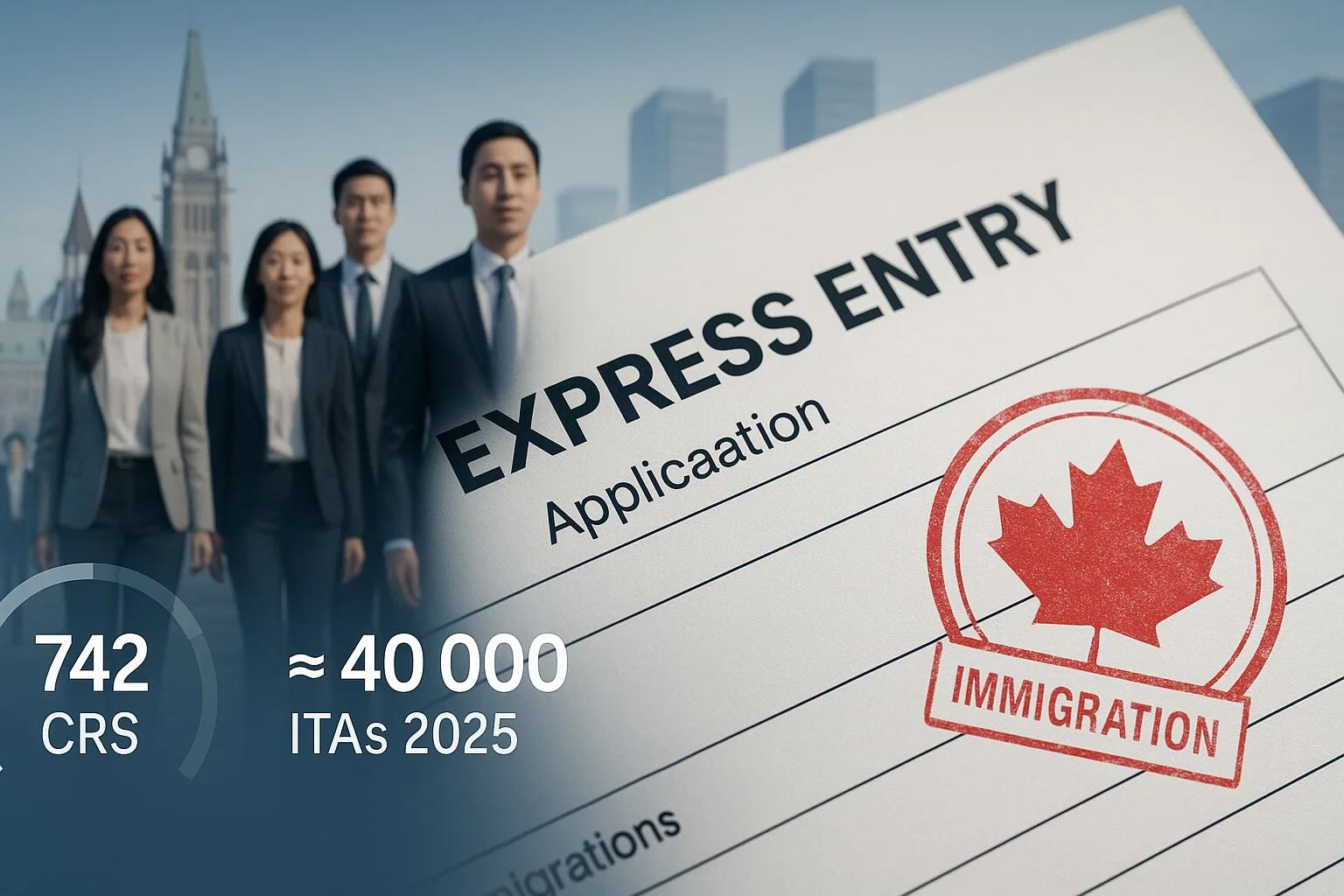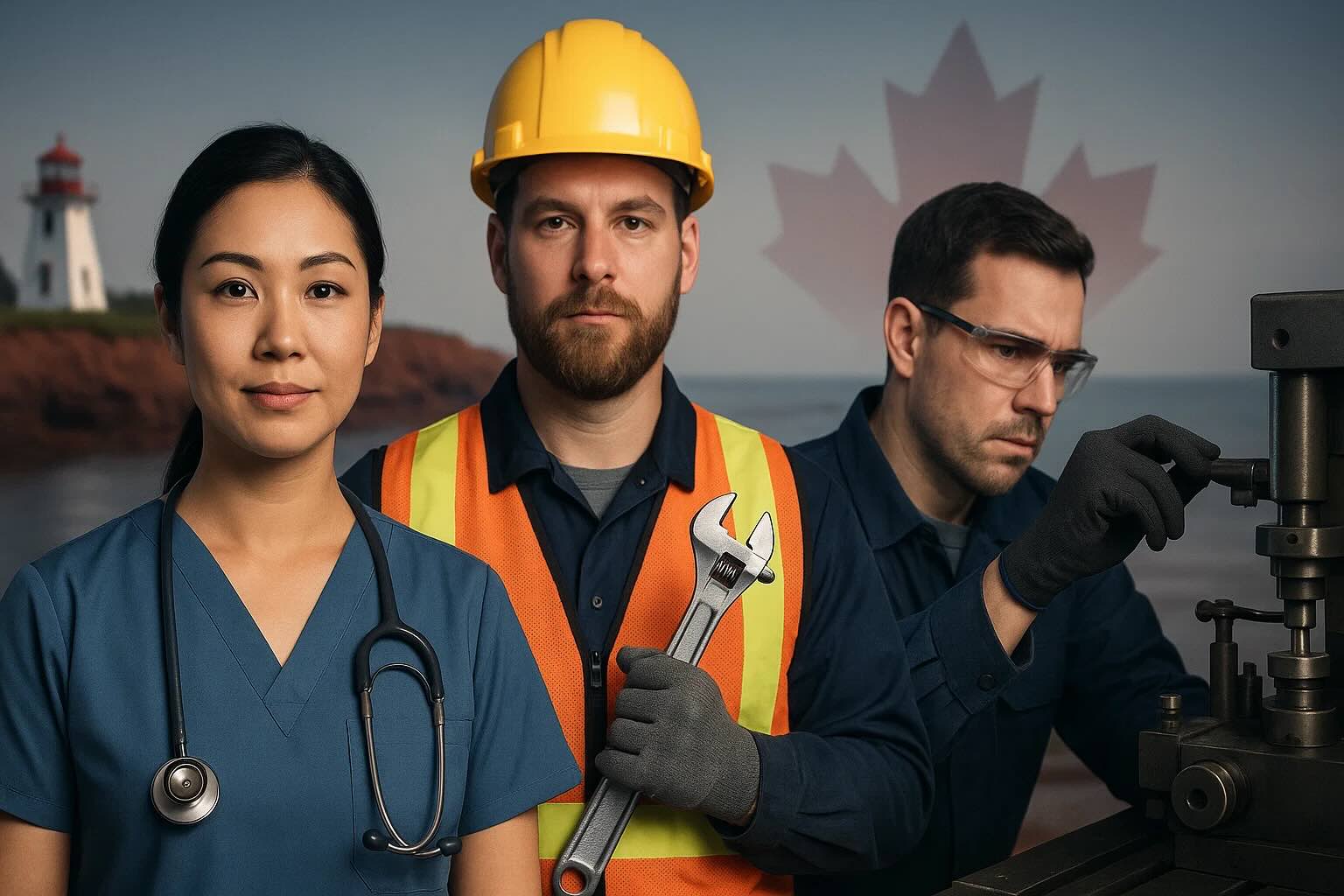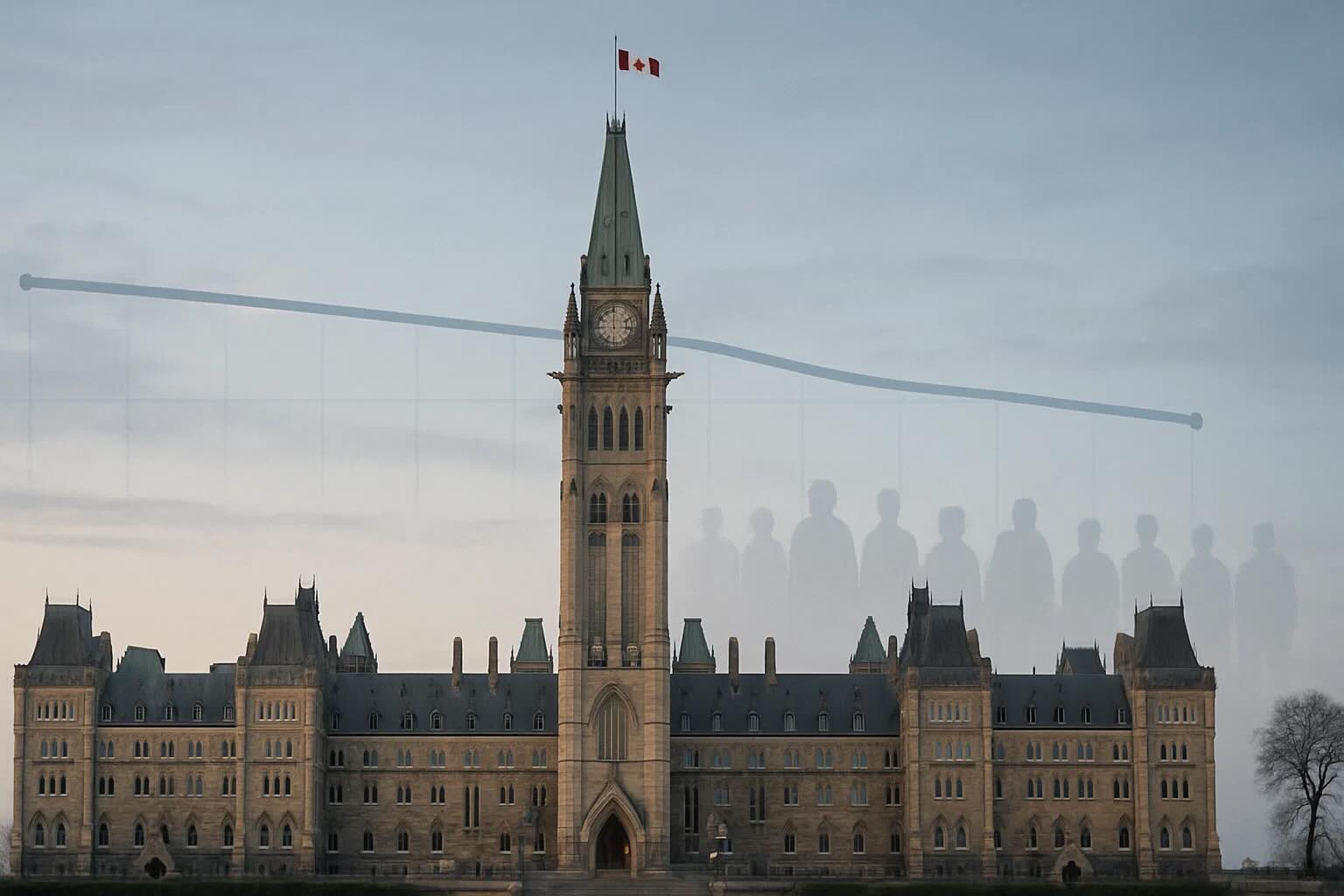Recently, Immigration, Refugees and Citizenship Canada (IRCC) published a significant internal training document. This 447-page guide is designed to instruct immigration officers on how to assess Permanent Resident (PR) applications. The document not only contains adjudication standards but also, through numerous real or simulated case studies, clearly points out mistakes commonly made by applicants. For those aspiring to immigrate to Canada, understanding and avoiding these "pitfalls" is crucial.
I. Incorrect Use of National Occupational Classification (NOC) Codes: Job Duties are Key
When processing applications, immigration officers don't just look at the job title an applicant provides; they delve into whether the applicant's job duties correspond to the NOC code's lead statement and essential responsibilities. If an applicant submits an NOC code that doesn't match their actual job duties, especially if the duties align with a lower-skilled or ineligible occupation, the application is highly likely to be refused or flagged for further review.
- Case Example: Diana from the Philippines declared her primary occupation as "Contact Centre Supervisor." However, upon reviewing her job duties, officers found they were more consistent with "Complaints Clerk – Customer Service." Because her duties did not align with her declared NOC code, her application required further review. Another example is Sam, who works for a media company. Sam’s official designation is "Reporter" (potentially NOC 51113 – Journalists). However, a review showed Sam’s duties included creating blog posts and consulting with clients on writing strategy, aligning more closely with NOC 51111 – Authors and writers (except technical). If Sam had relied solely on the job title, the application could have faced review or refusal.
- Solution: Applicants should thoroughly research the NOC system and select the most accurate NOC code based on their actual job duties, the NOC lead statement, and its responsibilities, not just their job title.
II. Failure to Declare Changes in Circumstances: Honesty is Paramount
Any changes in personal circumstances during the PR application process must be declared to IRCC. Failure to do so can be deemed "misrepresentation," which can lead not only to application refusal but also to a five-year ban on immigrating to Canada.
- Case Example: Amar, ranking at the lower end of his invitation round, got divorced after receiving his Invitation to Apply (ITA) for PR. The divorce caused his Comprehensive Ranking System (CRS) points to drop below the cut-off for his round. Due to this undeclared or late-declared change, his application was refused.
- Solution: While some changes are unavoidable, it's crucial to be honest and upfront about any updates. In Amar's case, had he declared the change promptly, he could have returned to the candidate pool with the potential to qualify for subsequent invitation rounds, even if the current application was affected.
III. Inadequate Proof of Work Experience: Details Determine Success
Canadian immigration programs have clearly defined eligibility criteria for work experience. Immigration officers are trained to ensure candidates meet all minimum requirements.
- Case Example: Om Kapoor, a Bollywood actor, had 30 years of experience. However, review showed he did not have one year of continuous experience in the 10 years preceding the application date, as most of his experience was for shorter periods or was voluntary and unpaid. Despite a 30+ year career, he did not meet the minimum work experience requirement.
- Solution: Carefully review the eligibility criteria for your chosen immigration program, paying close attention to specific wording around work experience, such as "continuous" and "paid."
IV. Invalid or Expired Language Test Results: Validity and Recognition are Crucial
Similar to work experience, language proficiency is a key criterion. Applicants must not only meet minimum scores but also ensure their test results are up-to-date, from an IRCC-approved testing organization, and meet the requirements for their specific application type. For instance, the TOEFL iBT is valid for study permits but not for PR applications. Language tests for Canadian immigration are generally valid for two years from the test date and must be valid when the PR application is submitted.
- Case Example: Laura received an ITA under the Canadian Experience Class (CEC) on November 22, 2020, and submitted her PR application on December 17, 2020. Her language scores met the required CLB level, but the test date was December 2, 2018. This meant her language test had expired by the PR application submission date, making her ineligible under CEC language requirements.
- Solution: Ensure your language test results are current at the time of PR application submission and are from an IRCC-verified provider and an accepted test type.
V. Misunderstanding Eligibility Criteria for an Immigration Program: Thorough Understanding is Essential
A thorough understanding of the specific requirements of the chosen PR program is fundamental to avoiding mistakes.
- Case Example: Auston believed he was eligible for Express Entry through the Canadian Experience Class (CEC). He claimed work experience as a Research Assistant at the University of Toronto from September 2019 to October 2020, with an employment letter from a well-known professor. He was in status from September 2018 to April 2020 under a study permit and co-op work permit, and was granted a post-graduation work permit on March 20, 2020. However, since Auston's claimed employment was concurrent with full-time studies, it did not qualify as work experience under CEC.To qualify for CEC, work experience must:Be paid work (volunteering or unpaid internships don’t count).Have been gained as an employee (self-employment doesn't count).Not have been gained while a full-time student (even if on a co-op work term).Be in TEER 0, 1, 2, or 3 of the NOC system.Have been gained by working in Canada (if remote, you must have been physically in Canada working for a Canadian employer).Have been gained while authorized to work under temporary resident status.Contain duties that align with the lead statement and main responsibilities of the NOC code claimed.Be at least 1 year of full-time work (30 hours per week) or 1560 hours in total (you cannot count more than 30 hours per week).Have been gained within the three years before your application.
- Solution: Carefully review the criteria for the specific program or consult with a licensed immigration consultant or lawyer to ensure you avoid common mistakes.
VI. Overlooking Medical or Police Checks: Inadmissibility Concerns
Some individuals are considered inadmissible to Canada under the country’s immigration law for various reasons, including criminal, financial, medical, or security grounds, or due to misrepresentation. Even if an applicant meets all eligibility criteria for an immigration program, their application might be refused on grounds of inadmissibility. This also applies if a family member (such as a spouse or dependent) is inadmissible.
- Case Example: Apu, a web developer, met all criteria for CEC. However, a review revealed his wife was deemed medically inadmissible due to weak kidneys, with a strong possibility of requiring dialysis in the future. In this case, Apu became inadmissible under section A42 of the Immigration and Refugee Protection Act (having an accompanying or non-accompanying family member who is inadmissible).
- Solution: Be aware of factors that could lead to inadmissibility. Depending on the case, it may be possible to overcome inadmissibility. For medical inadmissibility, one might seek legal remedy by demonstrating that the foreign national will not exceed the excessive demand cost threshold for medical treatment in Canada, or seek an exception on humanitarian or compassionate grounds. An experienced immigration consultant or lawyer can help navigate complex cases.
Conclusion
The Canadian Permanent Resident application process is complex and detail-oriented. The internal guide disclosed by IRCC offers valuable insights for applicants. Applicants should learn from these common errors, meticulously prepare their application materials, and ensure all information is accurate and complete. When facing doubts or complex situations, seeking assistance from a licensed immigration consultant or a professional lawyer is undoubtedly a wise step to avoid common mistakes and increase the chances of a successful application.









